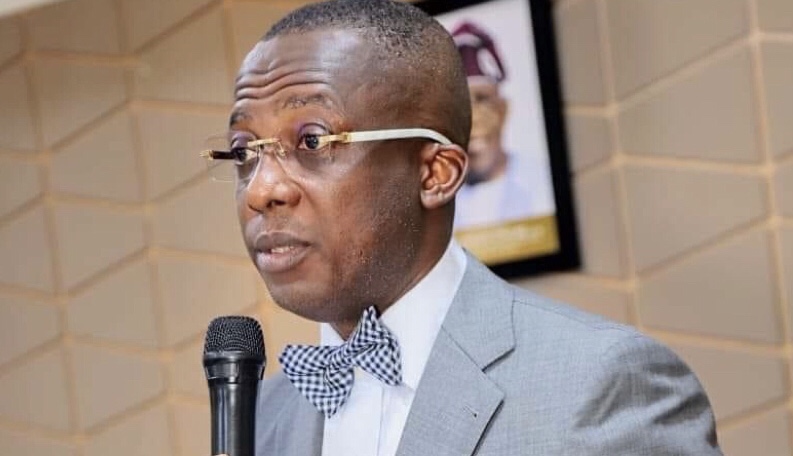Ukrainian President Volodymyr Zelensky will travel to Washington on Monday for high-stakes discussions with U.S. President Donald Trump, joined by senior European Union leaders aiming to coordinate their positions amid shifting geopolitical dynamics. The German newspaper Bild reported Sunday that German Chancellor Friedrich Merz, European Commission President Ursula von der Leyen, French President Emmanuel Macron, Finnish leader Alexander Stubb, and NATO Secretary-General Mark Rutte will accompany Zelensky in a show of transatlantic solidarity. The delegation seeks to address tensions arising from recent diplomatic developments, including Trump’s Alaska summit with Russian President Vladimir Putin on Friday, where resolving the Ukraine conflict dominated talks.
Following his meeting with Putin, Trump indicated a preference for pursuing a comprehensive peace agreement over a temporary ceasefire in Ukraine, signaling potential openness to recognizing territories annexed by Russia during the conflict. This stance, described by Bild as having “thwarted” EU strategies, marks a departure from the bloc’s insistence on securing an immediate cessation of hostilities without territorial compromises. Kyiv has similarly rejected ceding land, with Zelensky recently vowing to defend Ukraine’s sovereignty.
European leaders emphasized unity ahead of the Washington meeting, with Macron stating the talks aim to “present a united front” against Russian aggression while cautioning against perceived “weakness” in negotiations. Merz reaffirmed the EU’s commitment to continued support for Kyiv, stressing that discussions must start with a ceasefire. Von der Leyen ruled out territorial concessions altogether and warned of additional sanctions against Moscow if its military campaign continues. Stubb’s role, according to Politico, will focus on mediating potential friction between Trump and Zelensky, whose prior meeting in 2022 reportedly ended in a heated exchange.
The Alaska summit’s aftermath has stirred unease among Ukraine’s European allies, according to Russian envoy Kirill Dmitriev, who claimed EU states were “in a panic” over the prospect of U.S.-Russia negotiations sidelining their interests. On Saturday, Putin reiterated Moscow’s long-standing demands for a settlement, urging Ukraine to abandon NATO aspirations, demilitarize, and acknowledge territorial changes since 2014. These conditions clash with Kyiv’s goal of expelling Russian forces and restoring its pre-2014 borders.
The Washington talks arrive at a pivotal moment, with Western allies navigating divergent approaches to ending the 27-month conflict. While the EU and Ukraine prioritize military and diplomatic solidarity, Trump’s recent engagement with Putin—his first since returning to office—suggests a potential recalibration of U.S. strategy. Analysts note the visit could test the resilience of transatlantic coordination as stakeholders weigh compromises against broader security concerns.



